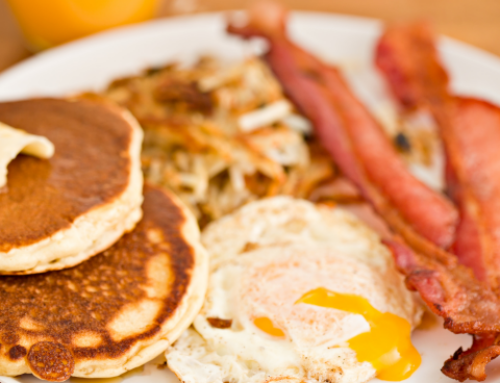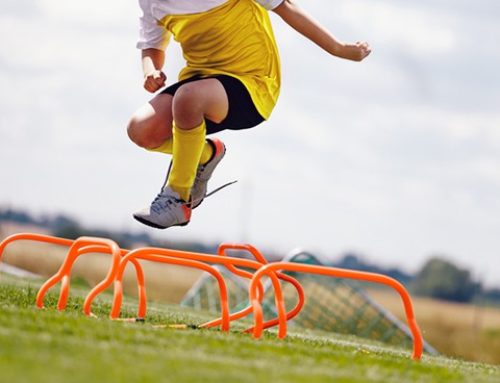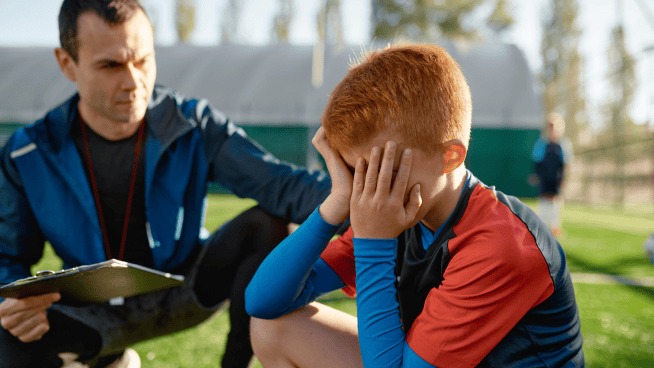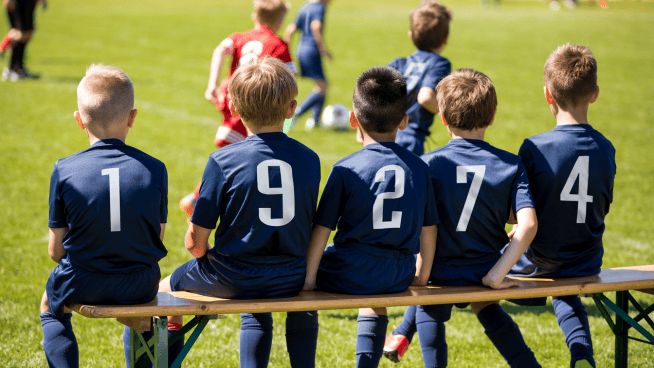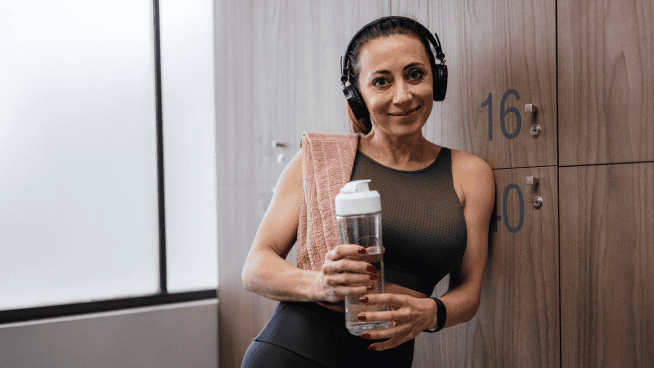The key to recovering after training or competition is knowing exactly what the body needs to repair itself. Don’t guess when it comes to your progress. Follow this post-game nutrition advice to feed your body the right way after your next workout or big win.
Protein Pumped
Protein kicks off recovery by helping to rebuild muscles. “To start the recovery process, athletes should eat about 20 grams of protein as soon as possible after each training session, practice and game to help repair damaged muscle tissue,” says Kimberly Stein, Ph.D., Senior Principal Scientist at the Gatorade Sports Science Institute (GSSI). “Choose a high-quality, complete protein such as milk, whey, eggs or meat,” she says. That could mean anything from an omelet to a turkey burger.
Driven by Carbs
Think of carbs as the gas in your fuel tank. Your body can’t summon the fuel to keep itself running without carbs burning in the engine. “One common element of all team sports is their ‘stop and go’ nature, meaning there are bursts of high-intensity muscle contractions followed by lower intensity or rest periods,” says Stein. “Both high- and low-intensity muscle contractions are fueled by carbs stored in the muscles, which is why it’s so important for athletes to eat diets rich in carbohydrate foods, such as breads, pasta, rice, potatoes and fruit.” Fuel up with foods like bananas or whole-wheat pasta after games.
Refueling With Fluids
Rehydrating with the right fluids is just as important as refueling with protein and carbs, especially if you’ve been training outside in hot weather. If you’re sweating a lot during outdoor sessions this summer, consider weighing yourself before and after workouts to get an accurate measurement of how much fluid your body is losing per session. “Any changes in body weight are from fluid lost in sweat,” says Stein. “Following exercise, athletes should drink 16 to 24 ounces of fluids with sodium per pound of bodyweight lost to replace what they lost during practice or a game.”
RECOMMENDED FOR YOU
The key to recovering after training or competition is knowing exactly what the body needs to repair itself. Don’t guess when it comes to your progress. Follow this post-game nutrition advice to feed your body the right way after your next workout or big win.
Protein Pumped
Protein kicks off recovery by helping to rebuild muscles. “To start the recovery process, athletes should eat about 20 grams of protein as soon as possible after each training session, practice and game to help repair damaged muscle tissue,” says Kimberly Stein, Ph.D., Senior Principal Scientist at the Gatorade Sports Science Institute (GSSI). “Choose a high-quality, complete protein such as milk, whey, eggs or meat,” she says. That could mean anything from an omelet to a turkey burger.
Driven by Carbs
Think of carbs as the gas in your fuel tank. Your body can’t summon the fuel to keep itself running without carbs burning in the engine. “One common element of all team sports is their ‘stop and go’ nature, meaning there are bursts of high-intensity muscle contractions followed by lower intensity or rest periods,” says Stein. “Both high- and low-intensity muscle contractions are fueled by carbs stored in the muscles, which is why it’s so important for athletes to eat diets rich in carbohydrate foods, such as breads, pasta, rice, potatoes and fruit.” Fuel up with foods like bananas or whole-wheat pasta after games.
Refueling With Fluids
Rehydrating with the right fluids is just as important as refueling with protein and carbs, especially if you’ve been training outside in hot weather. If you’re sweating a lot during outdoor sessions this summer, consider weighing yourself before and after workouts to get an accurate measurement of how much fluid your body is losing per session. “Any changes in body weight are from fluid lost in sweat,” says Stein. “Following exercise, athletes should drink 16 to 24 ounces of fluids with sodium per pound of bodyweight lost to replace what they lost during practice or a game.”



